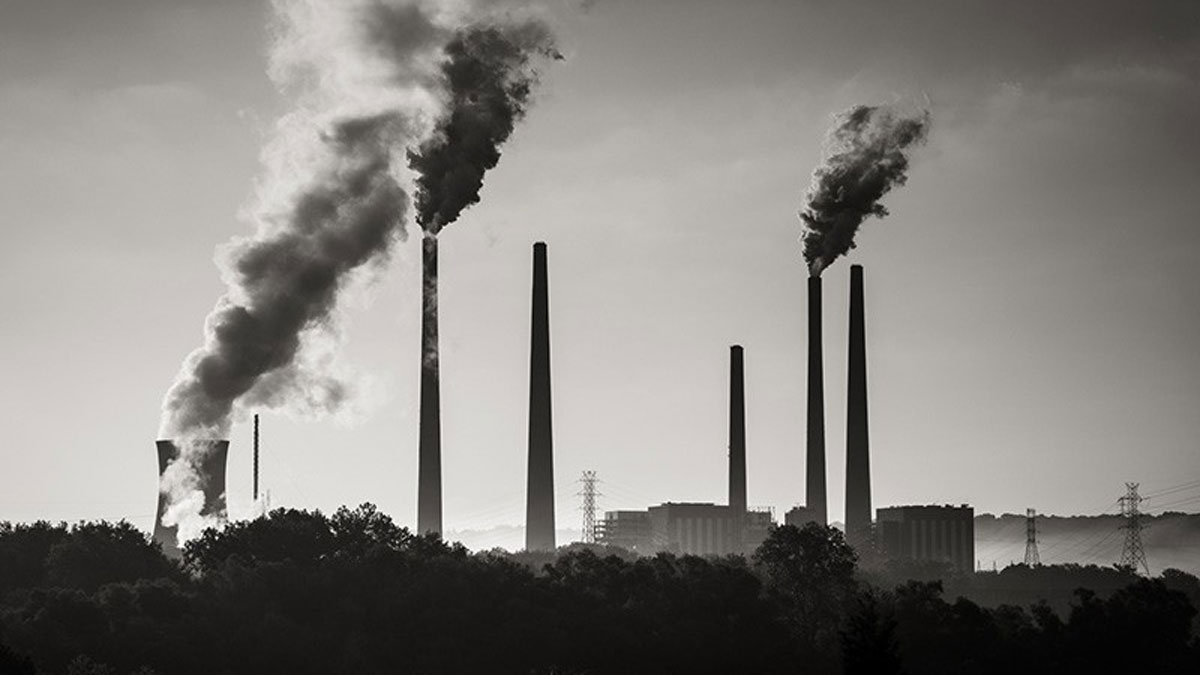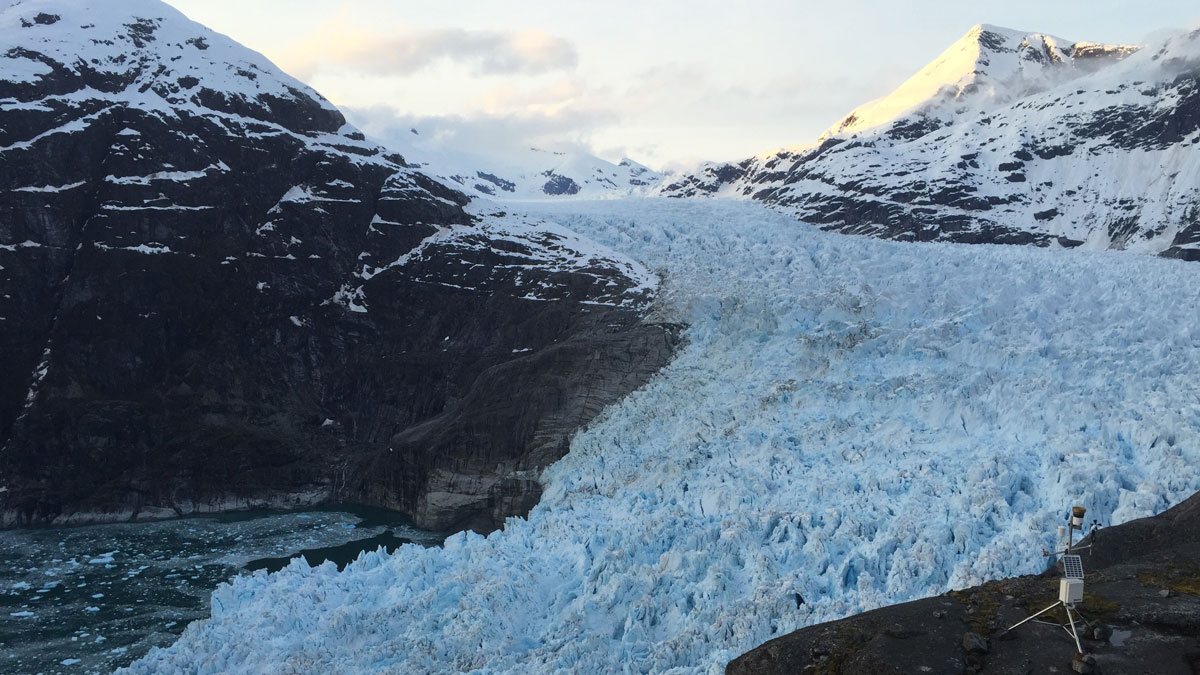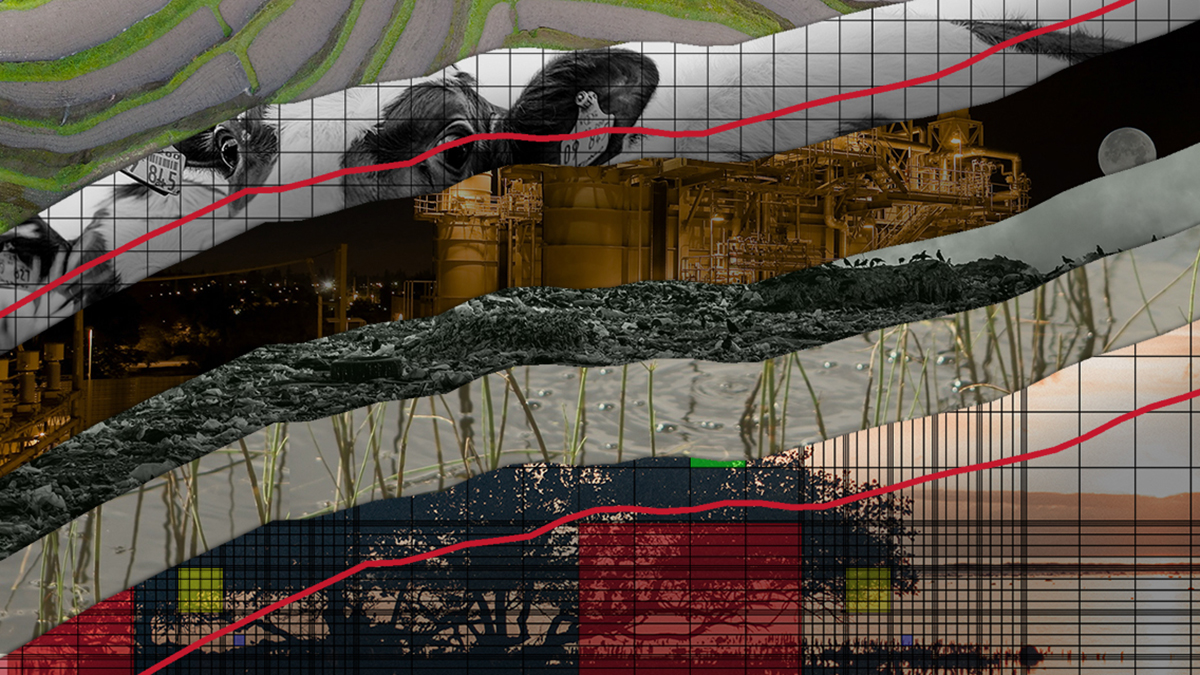Dropping the GRE is just a first step toward holistic admissions. To further reduce bias in applicant evaluations, the UMass-Amherst geosciences program has changed the way it assesses students.
culture & policy
Algorithm Detects Thousands of Missing Levees from U.S. Database
An existing levee database accounts for just one fifth of the country’s actual total levee count, limiting the study of how these embankments affect riparian ecosystem health in the United States.
Quantifying the Health Benefits of a U.S. Clean Energy Transition
Eliminating energy-related air pollution in the United States could prevent roughly 50,000 premature deaths and save billions of dollars per year.
Los beneficios climáticos de los bosques van mucho más allá del secuestro de carbono
Los bosques son “esencialmente sistemas de aire acondicionado” gracias a procesos biofísicos como la evapotranspiración y la rugosidad del dosel forestal.
Credit Where Credit Is Due
Promoting open, inclusive, transparent, and traceable science requires that scientists revamp the ways in which we acknowledge all manner of contributions to research.
Glacial Knowledge Gaps Impede Resilience to Sea Level Rise
Changes to the support, culture, and community organization of U.S. glaciology are needed to advance understanding of glacial change and better predict rising seas and other ice loss impacts.
Climate Benefits of Forests Go Far Beyond Carbon Sequestration
Forests are “essentially air-conditioning systems” thanks to biophysical processes like evapotranspiration and canopy roughness.
Endangered Rivers Plagued by Pollution, Climate Change, and Outdated Management
The annual list of America’s Most Endangered Rivers includes practical calls to action to turn the tide on threatened U.S. waterways.
After a Hurricane, Coastal Systems Draw a Line in the Sand
A new study finds nature can’t have it both ways: On the basis of thousands of case studies from dozens of hurricanes, there’s always a trade-off between resistance and resilience.
A Climate Mystery Warns Us to Heed the Unknown
The Curve is a series charting the mysterious rise of methane in our atmosphere and the quest to find its source.










